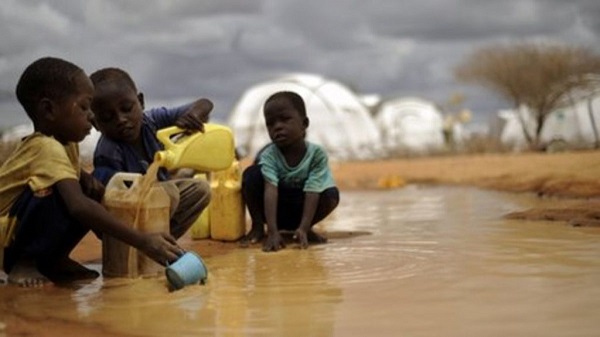
A public health expert has called on the public to be aware that the raging cholera bacteria are transmitted through human faeces.
According to Abuja-based public health expert, Dr. Gabriel Adakole, the bacteria is spread through consuming contaminated food or water. Cholera is a severe diarrhoeal illness caused by the bacterium Vibrio cholerae and remains a significant health challenge in regions with inadequate sanitation and clean water access.
“Understanding the transmission mechanism of cholera is crucial in curbing its spread and implementing effective prevention measures. The primary transmission route is through the consumption of contaminated food or water. The bacteria can survive in the environment for extended periods, making it easier for the disease to spread in areas lacking proper sanitation and hygiene.”
He continued: “Cholera is more prevalent in underdeveloped states where infrastructure for clean water and sewage disposal is insufficient. Factors like natural disasters, conflicts and overcrowded living conditions exacerbate the situation, leading to widespread outbreaks.”
Preventing cholera requires a multifaceted approach, including ensuring access to clean drinking water and adequate sanitation facilities, educating communities about handwashing and safe food handling practices, administering cholera vaccines and providing early diagnosis and treatment with oral rehydration salts (ORS) and, in severe cases, intravenous fluids and antibiotics.
“The National Centre for Disease Control (NCDC) and relevant agencies, including various non-governmental organisations (NGOs), should intervene in affected states to combat cholera and provide emergency relief, support infrastructure projects, and conduct vaccination campaigns,” he counselled.
Cholera remains a serious threat in many parts of the world including Nigeria primarily due to the lack of clean water and adequate sanitation. Addressing these fundamental issues is key to preventing the spread of cholera and improving public health outcomes globally.
The Lagos State government has confirmed a cholera outbreak with a highly aggressive strain identified. The epicentre is Lagos Island, with 106 cases, followed by other LGAs. Out of 350 suspected cases, 17 are confirmed and 15 deaths have occurred. The state, supported by NCDC, WHO, UNICEF and local NGOs, is enhancing public health campaigns, especially with the Sallah celebrations. Suspected cases receive free treatment.
In 2022, there were 473,000 cholera cases reported globally, with numbers rising in 2023. Africa has the highest numbers, followed by other WHO regions.

